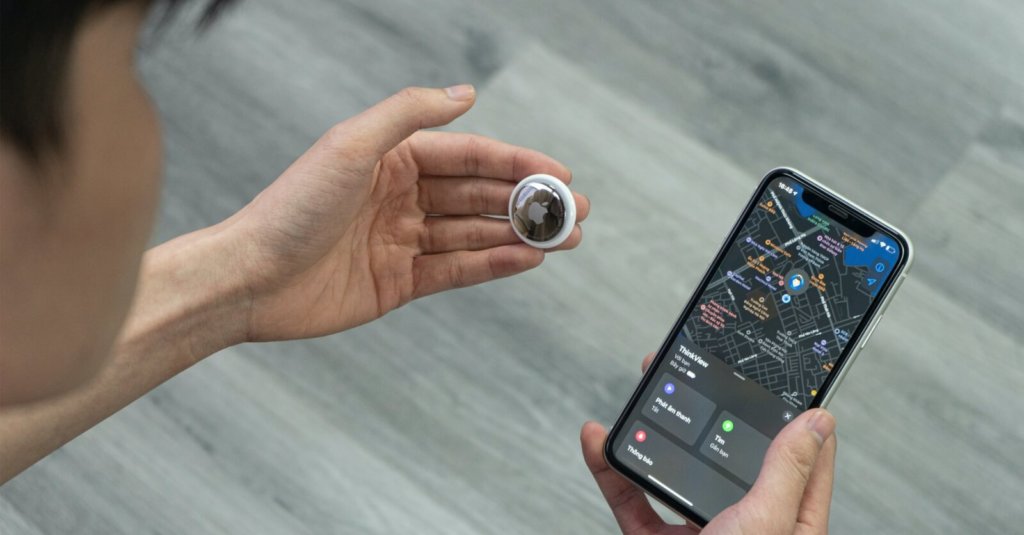 When Apple released the AirTag tracking device in early 2021, it provided answer to the challenge of losing items. AirTags merged nicely with the native Find My application, installed on nearly every Apple device. And as a prominent iPhone app developer,
When Apple released the AirTag tracking device in early 2021, it provided answer to the challenge of losing items. AirTags merged nicely with the native Find My application, installed on nearly every Apple device. And as a prominent iPhone app developer,
The concept is simple: provide a way for people to keep track of their essential items with a small disc integrated into Apple’s extensive network. AirTags do just that and provide Apple users with a competitive option to similar products such as Tile or the Samsung SmartTag.
AirTags nefarious use to stalk unsuspecting people isn’t an entirely unexpected byproduct of a tracking device that works well. This problem is not new simply because AirTags are now on the market. Similar issues faced Tile and SmartTag before AirTags hit the market. The main difference is the breadth and scope of Apple products and their network, including major tech hubs like San Francisco.
Apple does more to combat privacy violations than many of its competitors. Apple knew of potential vulnerabilities before AirTags debuted. Recent changes that attempt to stop unwanted tracking include how AirTags notifies unsuspecting people. Is it enough?
How AirTags Work
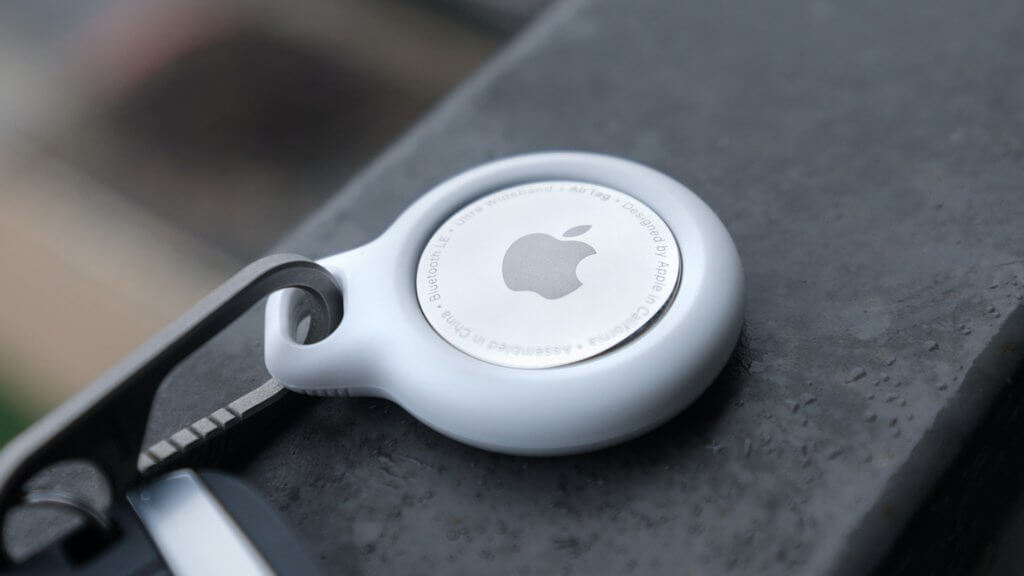
Apple’s AirTags are an easy way for people to keep track of their items. The thin disc, designed to fit into pockets, backpacks, or wallets, works seamlessly with Apple devices. Attachments hold the AirTag and can hang from things, such as keychains.
Through the native Find My app, the AirTag plays an audible sound to help locate an item when an item is lost. No matter where the lost possession is, the distance and direction show up on an iPhone that leads the person to the lost item.
AirTags work using Bluetooth by sending out signals that nearby Apple devices detect. Using iCloud and location, people find the AirTag on the map. AirTags talk to the millions of Apple devices connected to the Find My network.
The entire process keeps data anonymous and encrypted. When a person tags an item as lost, the Find My network locates the AirTag and notifies the owner. Any Apple device used to help locate the lost item does not store the information and keeps the AirTag information anonymous.
AirTags and Unwanted Tracking
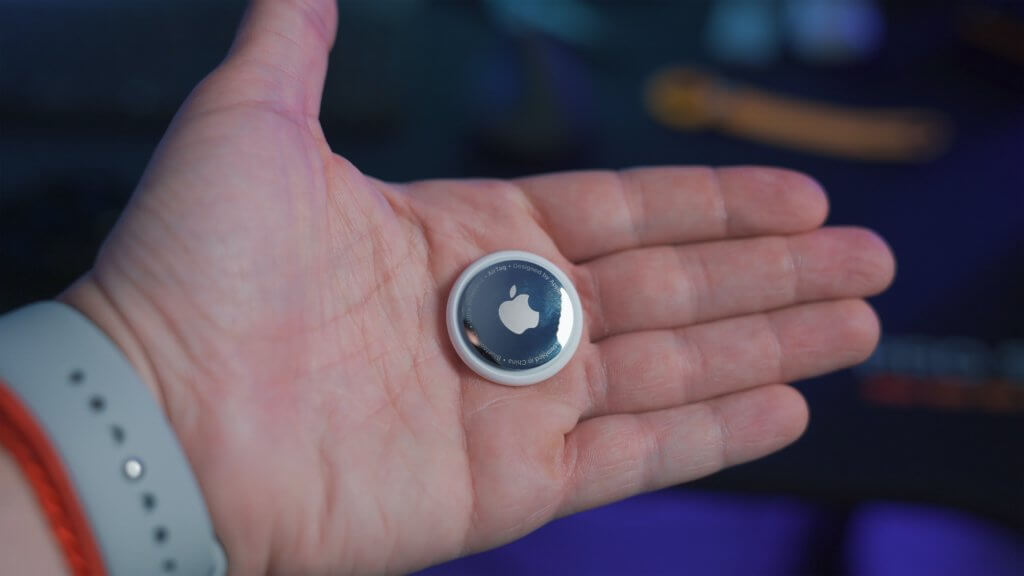
The ease of use with AirTags opened the door for people with unsavory intent to easily track and stalk unsuspecting people. As simple as it is for someone to place an AirTag in their purse or wallet to keep track of it, a bad actor can do the same to follow that person digitally. AirTags are slim and unobtrusive by design, so it isn’t difficult to attach one to the wheel well of a car, behind a license plate, or other out-of-sight locations.
The potential for AirTags usage in unintended ways wasn’t lost on Apple when they first hit the market. An AirTag found near a person, but it didn’t belong to them, sent an audible chime to alert the person. This alert happened after three days of being separated from the original owner.
However, three days is an eternity for someone unaware of a stalker. For those stuck in an abusive relationship, an AirTag used to track their every move would reset once it came within range of the owner. The person may never know that an AirTag follows their every move.
At launch, only a person with an Apple device would get an alert that an AirTag was with them. This isolation left Android users with no means to identify an AirTag used for unwanted tracking. However, late last year, Apple released a tracker detect app for Android that closed this loophole.
AirTag Privacy Updates
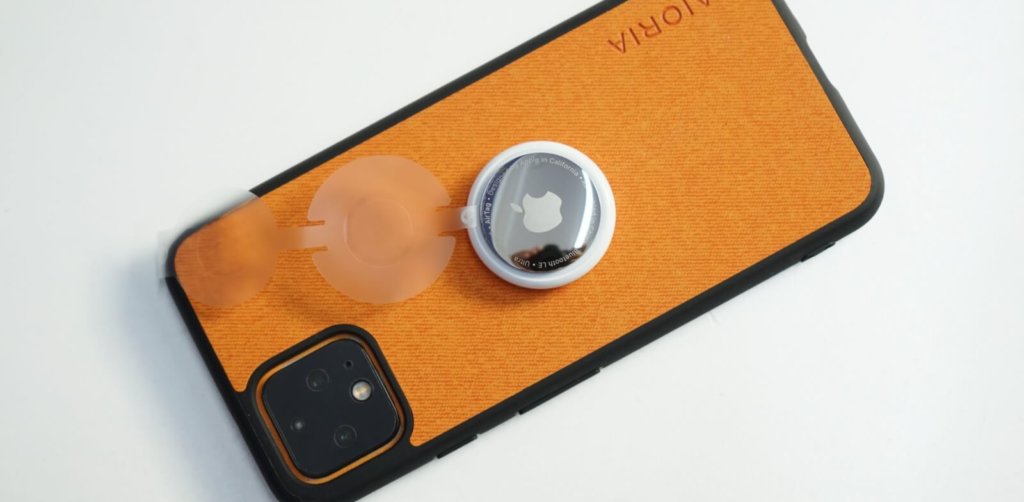 Apple does more than most competitors to combat unwanted tracking and privacy violations. Recent updates to AirTag make it easier for people to detect unwanted tracking. One significant change is the notification window of an unknown AirTag. This update shifted the time frame from three days to a period of 8-to-24-hours when a chime sounds.
Apple does more than most competitors to combat unwanted tracking and privacy violations. Recent updates to AirTag make it easier for people to detect unwanted tracking. One significant change is the notification window of an unknown AirTag. This update shifted the time frame from three days to a period of 8-to-24-hours when a chime sounds.
AirTags come with a serial number, which is useful as it helps Apple work with law enforcement to track down the original owner. Serial numbers are not part of the update as this feature shipped with AirTag’s debut. However, Apple identified areas for improvement working with law enforcement agencies. The AirTag serial number remains integral to that relationship.
Planned future software updates include a more precise location of an unknown AirTag. In addition to an audible sound, a visual alert will display on a person’s device. And louder tones will make the AirTag easier to locate.
Conclusion
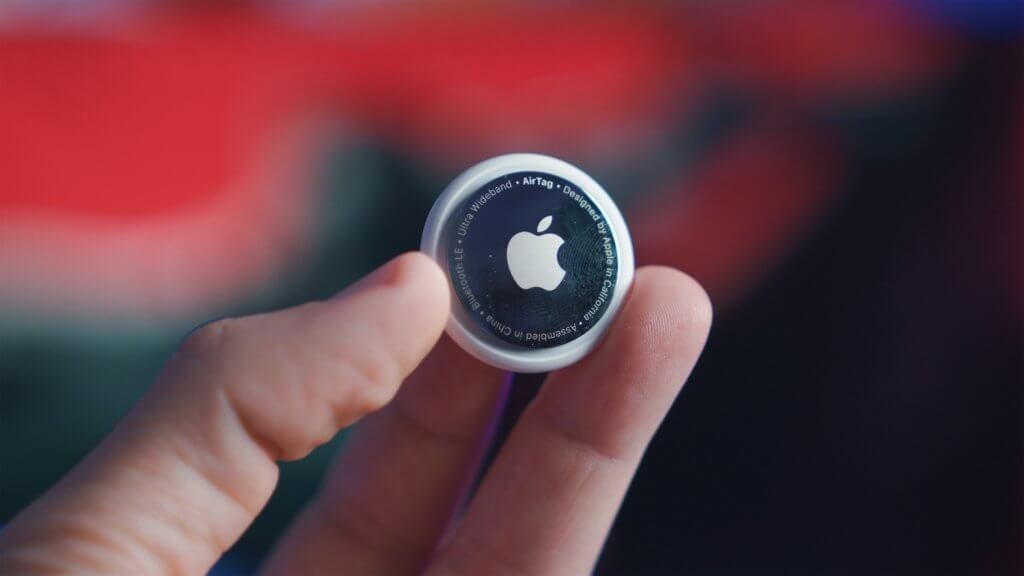 Privacy concerns are ever-present with software and internet of things devices. Apple’s AirTags are no different. However, the steps to prevent misuse and privacy violations are amongst the most proactive in the industry.
Privacy concerns are ever-present with software and internet of things devices. Apple’s AirTags are no different. However, the steps to prevent misuse and privacy violations are amongst the most proactive in the industry.
Dogtown Media understands the importance of privacy and personal safety. Whether your next app takes advantage of tracking devices or not, we put privacy and user concerns at the forefront of our mobile application development. Take advantage of our free consultation to see if we can meet your next mobile application requirements.





